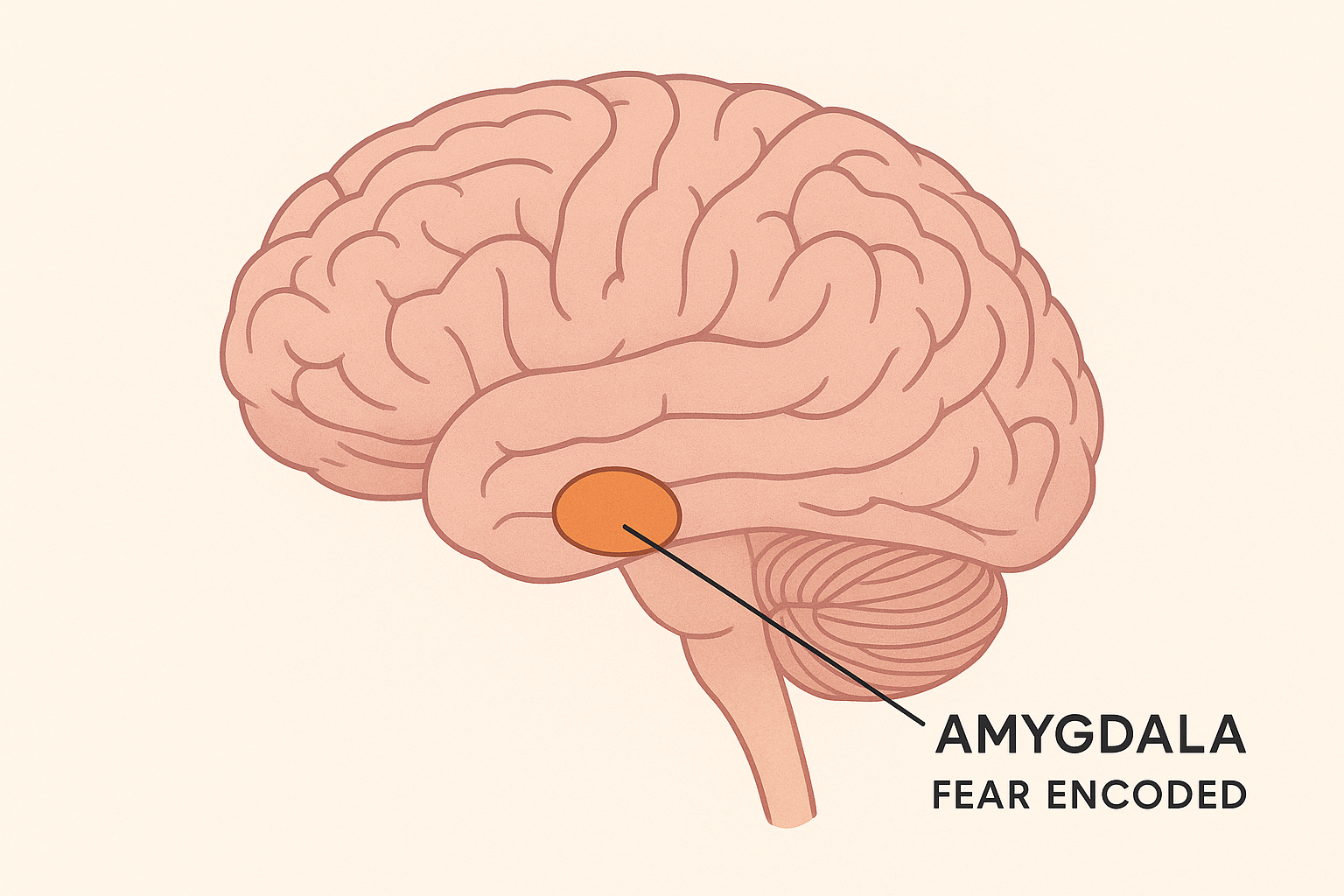EMDR
Eye Movement Desensitization and Reprocessing
“Eye Movement Desensitization and Reprocessing (EMDR) is a psychotherapy treatment that is designed to alleviate the distress associated with traumatic memories and adverse experiences.”
— EMDR Institute, founded by Francine Shapiro
EMDR…
Alleviates Symptoms
EMDR facilitates the accessing and processing of traumatic memories. After successful treatment, distress is relieved, negative beliefs are reformulated, and physiological arousal is reduced. These effects are greatest after a completed EMDR target, but can also be experienced to a lesser extend early on in the treatment process.
Utilizes Bilateral Stimulation
Bilateral Stimulation in EMDR is usually alternating eye movements as you track a target from left to right, or tappers that vibrate in one hand and then the other. BLS helps the brain to access maladaptively processed trauma material and allow the brain’s natural information-processing system— previously stuck— to resume.
Has Eight Phases
EMDR’s eight phases are a gradual process that ends with permanent healing of trauma material. The stages are: History Taking, Preparation, Assessment, Desensitization, Installation, Body Scan, Closure, and Reevaluation.
Despite the structured quality of EMDR, it’s difficult to predict the length of EMDR therapy because every person’s brain processes experiences at a different pace, and various factors influence how quickly reprocessing unfolds.
“Changing the memories that form the way we see ourselves also changes the way we view others. Therefore, our relationships, job performance, what we are willing to do or are able to resist, all move in a positive direction.”
― Francine Shapiro, Getting Past Your Past
Who can benefit from EMDR therapy?
EMDR therapy helps children and adults of all ages.
Therapists use EMDR therapy to address a wide range of challenges:
Anxiety, panic attacks, and phobias; Chronic Illness and medical issues; Depression and bipolar disorders; Dissociative disorders; Eating disorders; Grief and loss; Pain; Performance anxiety; Personality disorders; Post-Traumatic Stress Disorder and other trauma and stress-related issues; Sexual assault; Sleep disturbance; Substance abuse and addiction; Violence and abuse
Ready for the first step?
Reach out for a free 15-minute consultation!





